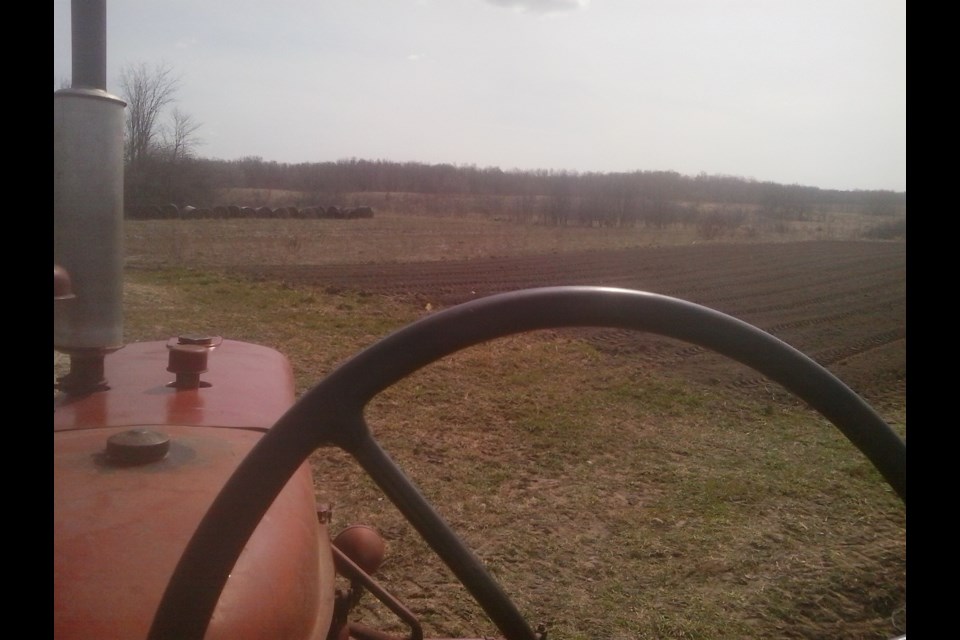PALMERSTON – A county seed farm is seeing a big rise in orders during the pandemic as people shift to at-home activities and hobbies.
Kim Delaney, owner of Hawthorn Farm Organic Seeds in Palmerston, said orders eventually got up to 10 times the usual daily volume. They had to close over Easter weekend to make sure they didn’t oversell.
“The orders were pouring in so fast it was hard to keep track if we were going to be sold out of something,” Delaney said. “We opened on the Tuesday after Easter and in that one day we sold so much seed we had to shut down again.”
Delaney said they would leave for lunch and come back to nearly 300 emails in an hour with their constantly ringing. The farm has hired an additional worker to help handle orders while the rest of the staff can focus on getting next year’s seed crops planted in the fields.
This unexpected increase in orders has made the farm scrap their usual three-year rotation for growing.
“That wasn’t going to work this year because we sold out of so much seed that we have to grow almost everything,” Delaney said.
Growing a lot of varieties can prove challenging for a single farm. Delaney explained that plants cross at the species level so related crops have to be kept separate. For example broccoli needs a mile of isolation from any relatives which include cauliflower, brussel sprouts, kale and cabbage.
“We’re going to have to work with other seed growers and see who is growing what and see if we can each grow a lot of one thing just to make sure that we can restock as much as possible,” Delaney said. “It might take a couple years to get everything restocked again.”
Delaney described the increase in orders as a mixed blessing because they stayed successful financially but now supply will become a challenge. She speculated that there might not be as many varieties of seeds available for consumers in the next few years.
She thinks the pandemic has made gardening appeal to people who want to be more self-sufficient with their own food supply and provides an opportunity to teach their children at home a practical skill.
Delaney has noticed people are buying seeds that replace what they would normally buy at a grocery store such as celery, carrots, onions and cauliflower. She wondered if beginners understand how challenging those are to grow.
Customers are also sticking with the popular tomatoes and peppers which are easier to grow.
To learn more about gardening, Delaney suggests beginners find locals who are knowledgeable and have learned from their own trials.
“The way you get to be a good gardener is to make a lot of mistakes,” Delaney said. “If you can find a good local gardener, they’re going to know what does well in your local area.”



